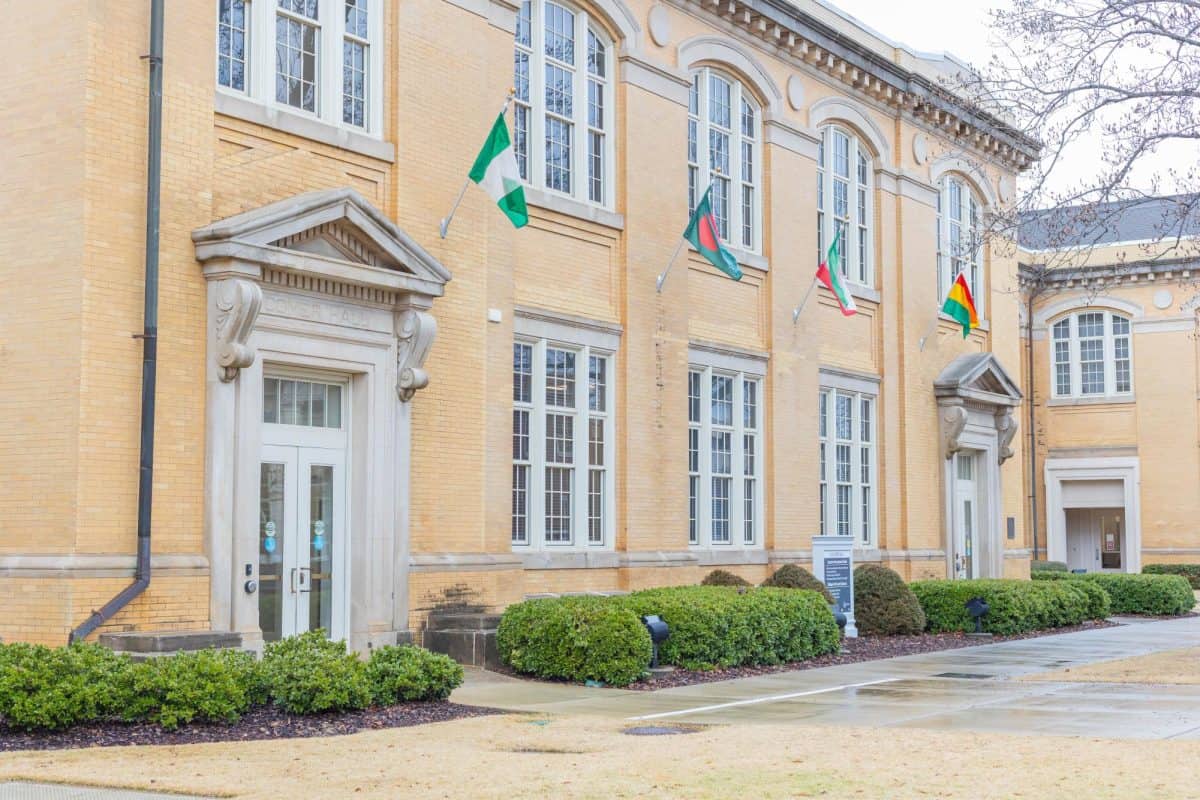History has been made. Friday, University of Alabama President Judy Bonner released a video statement announcing incredible progress on the UA campus. As a result of administration-willed continuous open bidding, 72 bids were offered outside the confines of traditional Panhellenic sorority recruitment. Eleven bids were extended to black students – at least four of which have been accepted. Two more bids were accepted by other minority students.
This moment came in the wake of national response to The Crimson White’s Sept. 11 article “The Final Barrier,” detailing alumnae interference in the recruitment of two black potential new members who were denied from all 16 Panhellenic sororities.
The change was hard to come, however, as the administration’s response was less than ideal. Official University statements by President Bonner and UA System Board of Trustees President pro tempore Paul Bryant Jr. condemning segregation on campus were not made until two days after the article was released – a day behind those made by the governor. The comments, even then, were weak, only laying out their vision to help the University’s “young people do the right thing” – although students were the ones to finally speak out against greek discrimination. In statements to the media, Bonner later attempted to explain the rationale behind the 50-year delay in progress of integration on campus in part by defining media – which gave a voice to sorority members – and fear of personal well-being as barriers.
Although the University’s response to the allegations of discrimination on campus was slow, secretive, and falsely accusatory, the response was there – and so was the action. In the 50 years this university has been officially integrated, President Bonner has taken the steps no president has before. She has actively negated the comments made by her predecessor and now-Chancellor Robert Witt in 2011 that each greek chapter determined its own membership as private organizations. She has made greater efforts to communicate with the UA community on a more personal level than past presidents. But more importantly, she has made a change.
For the first time in a long time, this university – from its students to its faculty to its staff to its administration – is alive with the hope and realization of change. Nearly 200 UA community members from every corner of campus gathered together on the steps of Rose Administration Building Sept. 18 to demand and support change in the University’s culture. Exclusivity and discrimination on campus will no longer be tolerated, and previously quieted voices on campus now have a precedent by which to seek amendments to the fabric of tradition.
We are no longer held back by the limits of our past. The future is now open to new systems, new policies and new mindsets to support this monumentally historic change. However, we hope this is only the beginning. Structural changes in the recruitment process still need addressing, and the other systems on campus should follow suit. This is only the start. Let’s hope the momentum continues.
Our View is the consensus of The Crimson White Editorial Board.








